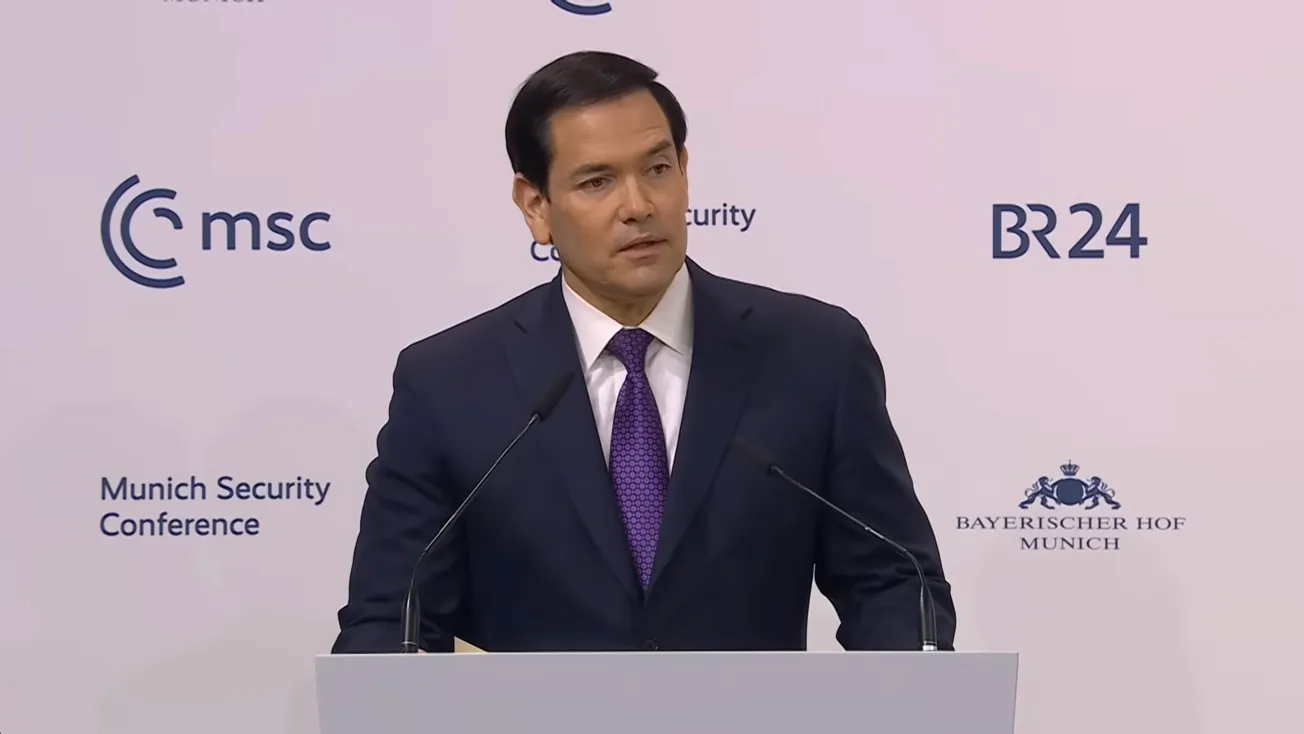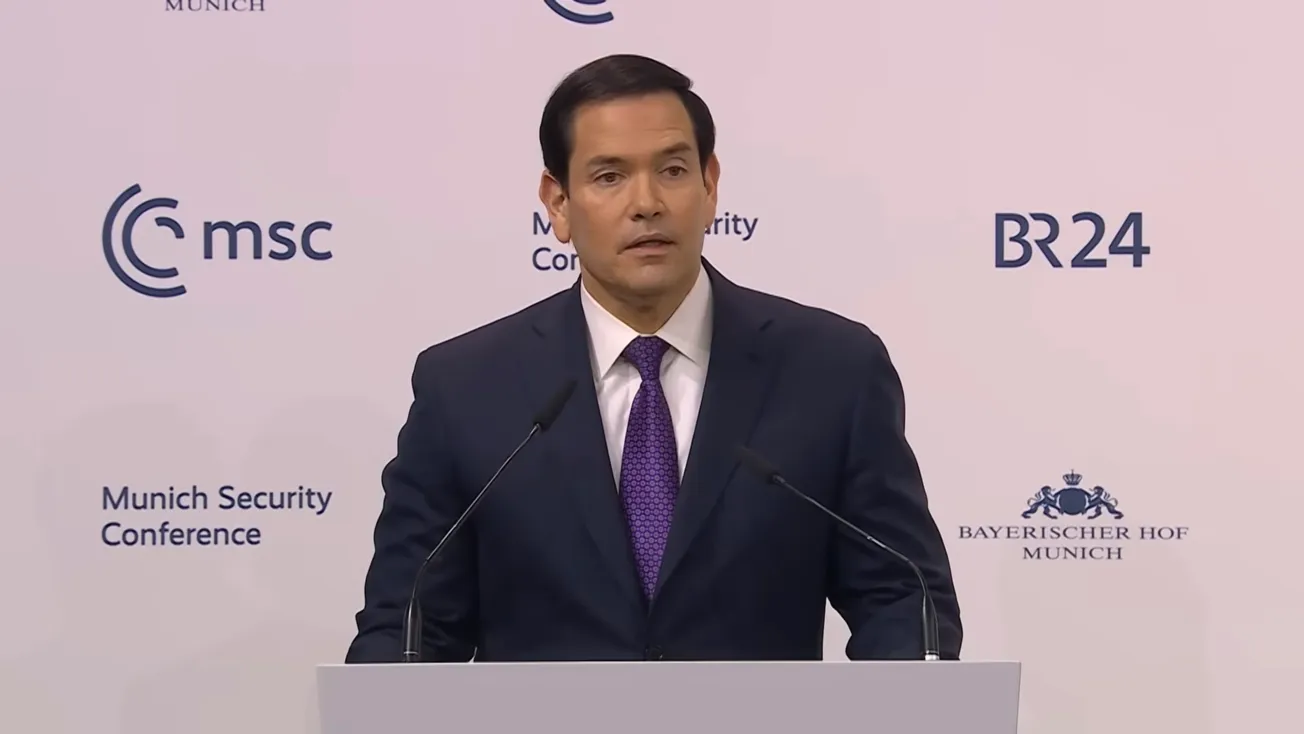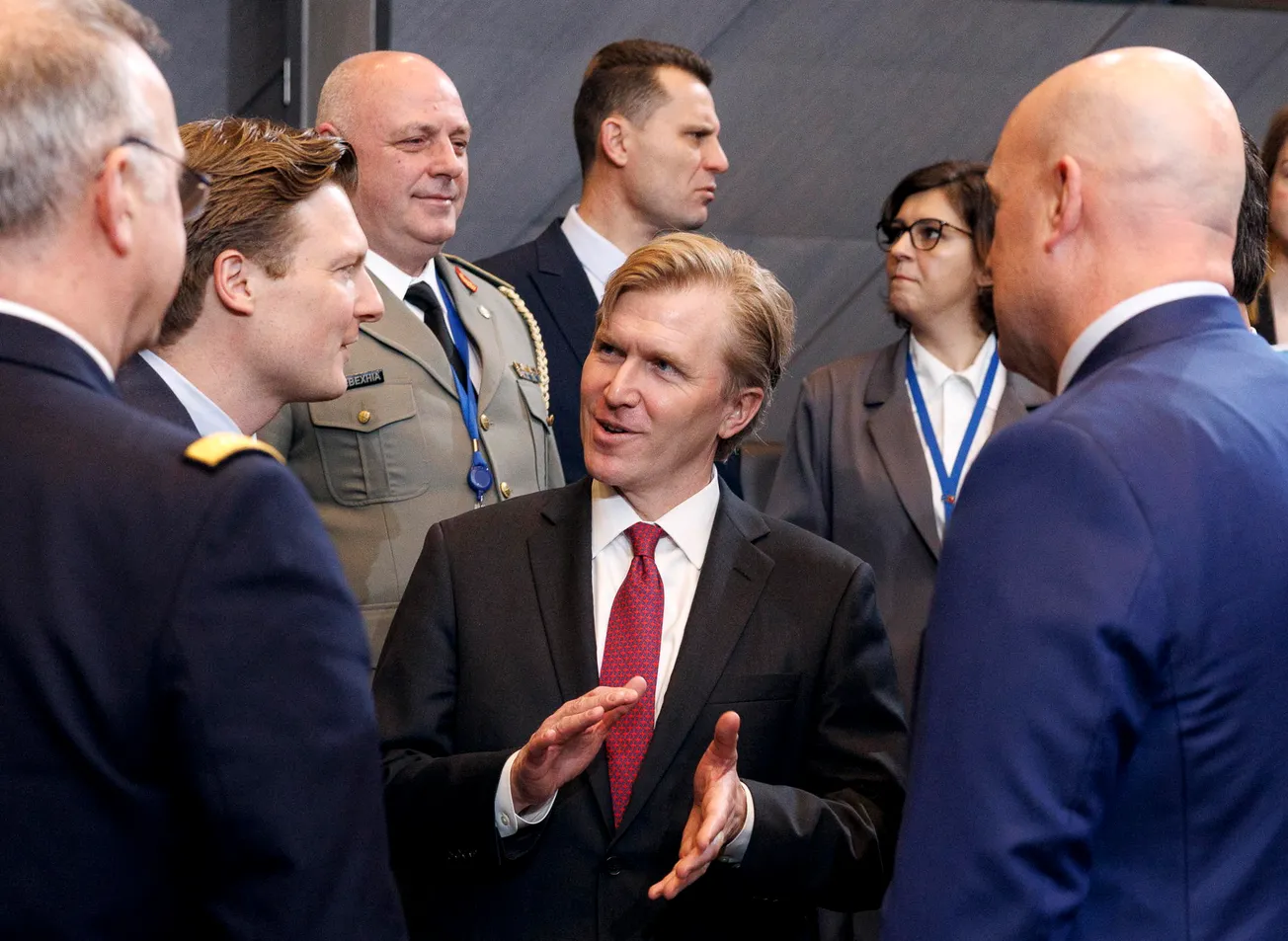The Lead
The Global Oligarchical System Is Dying—Let’s Not Go Down With It
by Stewart Battle (EIRNS) — Dec. 15, 2023
The former chief of Israel’s Shin Bet domestic security service, Ami Ayalon, made the insightful comment earlier this week, that part of the cause of Hamas’ Oct. 7 attack lay in the September announcement of the India-Middle East-Europe Economic Corridor (IMEEC), which was to be an economic corridor connecting Israel to Europe and the Indian Ocean. The project, which was announced with tremendous fanfare by the U.S., Israel, and others, never once mentioned Palestine or its proximity to the project.
The launching of this project, of course, was not itself what sparked the attacks. There was the egregious storming of the Al-Aqsa Mosque by Israel in the weeks and months leading up to Oct. 7, not to mention the years of occupation, the endless conflicts, or the centuries of British geopolitical manipulation of the region. But Ayalon’s point must be acknowledged for another reason: With the largest transcontinental infrastructure network ever to come through this region, potentially providing an opportunity to take a step toward its economic integration with the rest of the world and progress for all its people, why were Palestinians not consulted or included? Why were they ignored, treated as if they were invisible, as if they didn’t exist?
Even if Palestinians were to glean some modest benefits from IMEEC as the rest of the region gets investments into long-term infrastructure, that’s not the point. (That is, of course, if the U.S. and European-organized IMEEC ever even gets off the ground given the status of the bankrupt trans-Atlantic financial system.) Already in 2020, Gaza’s main source of water, its underground aquifer, had become over 96% undrinkable, and no alternative has been in sight for this most basic of needs. As Martin Luther King, Jr. said, economic injustice is the “inseparable twin” of other forms of injustice, and today’s British-inspired neoliberal system operates in a way so as to control the allocation of resources and investment according to “how we see fit.” Forget about national interests—"We know what’s best for you,” the oligarch will say, “and you’d better like it—poverty and all.” That was the system which failed on Oct. 7.
As Russian President Putin pointed out early on in the Israel-Hamas war—the biggest failure here was not Israel’s security but the U.S.’s imperial attempt to unilaterally “manage” the region as they saw fit, and to reject a genuine dialogue that took the interests of all into consideration. “The one-sided line pursued by the Americans has for many years been leading the situation further into a blind alley. The Middle East Quartet of international mediators was excluded from the process: in fact, the United States blocked this format under false pretexts, a format that is unique and whose mandate, incidentally, was approved by a UN resolution,” Putin said on Oct. 13 in reaction to the ongoing conflict in Gaza.
A hopeful sign against this brutish policy could be seen this week in the meeting between the Guyanese and Venezuelan Presidents. Following the recent escalation of tensions between the two countries which had begun spiraling out of control, the U.S. added fuel to the fire by announcing it would hold military exercises with Guyana as a show of strength. In opposition to this, Brazilian President Lula da Silva organized a face-to-face meeting between the two Presidents, insisting that dialogue can and must prevail in the region, and outside powers must not meddle into the region’s affairs.
On Thursday, Dec. 14, the Presidents met and signed a joint statement committing themselves to refrain from escalating any conflicts, and to “immediately communicate with one another” as well as the other leaders in the region if one ever arises. Instead of an imposition by today’s would-be-rulers from the outside, the insistence was on a regional resolution based on dialogue and common interest, where each other’s voices are to be heard and heeded.
In contrast, take the example of the ongoing catastrophe around Ukraine. Hungary’s Prime Minister Viktor Orbán has refused to accept the line that the West must support Ukraine for “as long as it takes,” opposing further funds for Ukraine and for its accession into the EU. Rather than addressing Hungary’s concerns, the EU chose the approach of bribery—doling out a long-withheld $10 billion to Hungary in the days before the vote on Ukraine. Despite this, Orbán rejected any further funds for Ukraine, successfully preventing the EU from allocating another €50 billion.
Mankind should be reaching for the frontiers of science and knowledge, and struggling to solve actual problems in the world such as hunger, disease, and underdevelopment. How many productive investments could be made with the projected $117 billion it will cost to modernize the U.S. ICBM arsenal? Will the record-breaking $886 billion for the new, FY24 National Defense Authorization Act go toward advancing the cause of the human race over the coming 50-100 years?
It is time to get serious about addressing the real problems of our nation and world, and abandon the old tricks of this dying imperial order.
Contents
Strategic War Danger
- Israeli Troops Kill Three Israeli Hostages as They Attempted To Escape Hamas (↓)
- Former Shin Bet Intel Chief Speaks Bluntly About Failure of Israel’s Policy (↓)
- Orbán Won't Be Bribed, Blocks EU Aid for Ukraine (↓)
- House Passes Defense Authorization Bill (↓)
- Sweden and Finland Signing Defense Cooperation Agreements with U.S. (↓)
New World Paradigm
- Regional Meeting Goes a Long Way to Defuse Guyana, Venezuela Crisis (↓)
- ‘Results of the Year With Vladimir Putin’: Putin on The ‘Rules-Based World Order’ (↓)
Collapsing Imperial System
- Fed and ECB Don't Lower Interest Rates (↓)
- Argentine Economy Out of Control, as Milei Plans To Repress Social Protest (↓)







